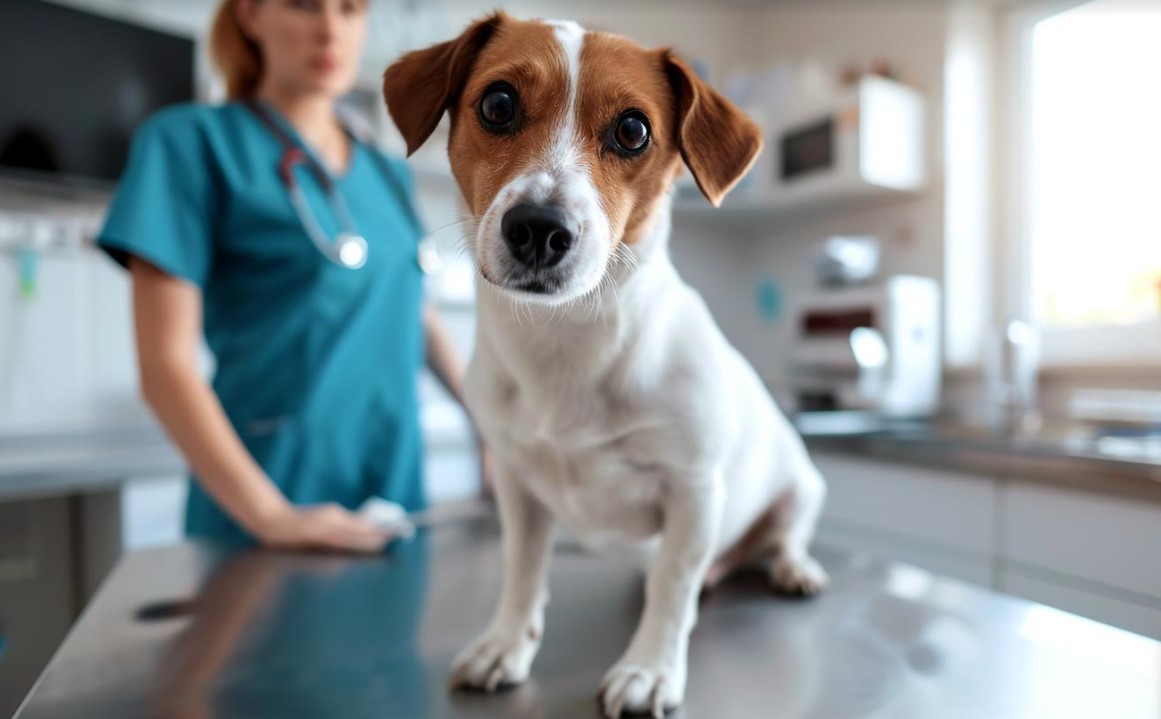
Our beloved canine companions cannot vocalize when they are feeling under the weather. That’s why it’s so important for pet owners to understand common doggy ailments and how to prevent them before symptoms appear.
Skin Problems
Itchy, irritated skin is one of the top reasons dogs visit the vet each year. Environmental allergies, parasites, infections, and hormonal imbalances frequently trigger:
- Excessive scratching, licking, or chewing.
- Rashes, hives, or hot spots.
- Hair loss.
- Strong odor from skin/coat.
Prevention starts with keeping your dog well-groomed and their living areas clean. Use high-quality, hypoallergenic shampoos and avoid harsh chemicals, perfumes or known allergens. Oral flea/tick preventatives are a must as well.
Ear Infections
Because of their L-shaped ear canals, dogs are prone to painful ear infections and buildup of moisture, wax, debris, and microorganisms. You may notice your dog:
- Shaking or tilting their head.
- Scratching at their ears.
- Unpleasant odor from the ears.
- Redness, swelling or discharge.
Preventing ear infections involves routine cleaning and drying. Use a dog-safe ear cleaning solution and cotton balls or gauze to gently wipe away buildup from the outer ear. Never insert cotton swabs into the ear canal itself.
Urinary Problems
Urinary tract infections (UTIs) and urinary crystals/stones affect many dogs, especially females. Watch for signs like:
- Frequent urination or straining.
- Accident around the house.
- Blood in urine.
- Licking at genitals.
Prevention includes promoting frequent urination through ample water intake and weight management. Many vets also recommend supplements like cranberry extract or prescription diets to maintain proper urine pH levels.
Digestive Issues
Vomiting, diarrhea, and related tummy troubles are also exceedingly common. Potential causes include:
- Dietary indiscretions (eating garbage or toxins).
- Parasites.
- Food allergies or sensitivities.
- Bacterial or viral infections.
The experts at Nextrition say that finding the best dog food for sensitive stomach and diarrhea is crucial for preventing flare-ups. Consider a limited-ingredient, novel protein formula until any food intolerances are ruled out. Probiotics and pumpkin can also help soothe sensitive stomachs.
Joint Issues
Overweight dogs and large breeds are especially prone to developing arthritis, hip/elbow dysplasia and other degenerative joint conditions, especially as they age.
To prevent or slow its progression, maintain your dog at an ideal weight through proper diet and exercise. Dietary supplements like glucosamine/chondroitin provide additional joint support. Low-impact activities like swimming are ideal for keeping joints limber without excess strain.
Parasite Prevention
Fleas, ticks, heartworms, roundworms, and other internal/external parasites put your pup’s health at serious risk. They can cause skin irritation, intestinal distress, neurological problems and even death in some cases.
Using veterinarian-approved preventative medications year-round is crucial, even for indoor dogs. These inexpensive oral or topical products interrupt parasites’ life cycles before they take hold.
Vaccines and Preventatives
Keeping your dog up to date on core vaccines like rabies, distemper and parvovirus is equally vital. These deadly but preventable diseases still occur in areas with unvaccinated pets.
Other preventative treatments your vet may recommend include heartworm tests and preventatives, fecal testing for intestinal parasites, and flea/tick control products.
Your Best Prevention Tool: The Vet
The single best way to prevent illness and maximize your dog’s longevity is through regularly scheduled veterinary exams and recommended preventative care regimens.
Wellness checks at least annually (or semi-annually for senior dogs) allow your vet to establish baselines for things like weight, temperature, bloodwork, and other metrics. Any departures from the norm provide early warning of brewing problems.
Conclusion
With some basic hygiene, appropriate diet, weight management and help from your vet, you can take a proactive approach against most common doggy ailments. An ounce of prevention really is worth a pound of cure when it comes to your pup’s health.


